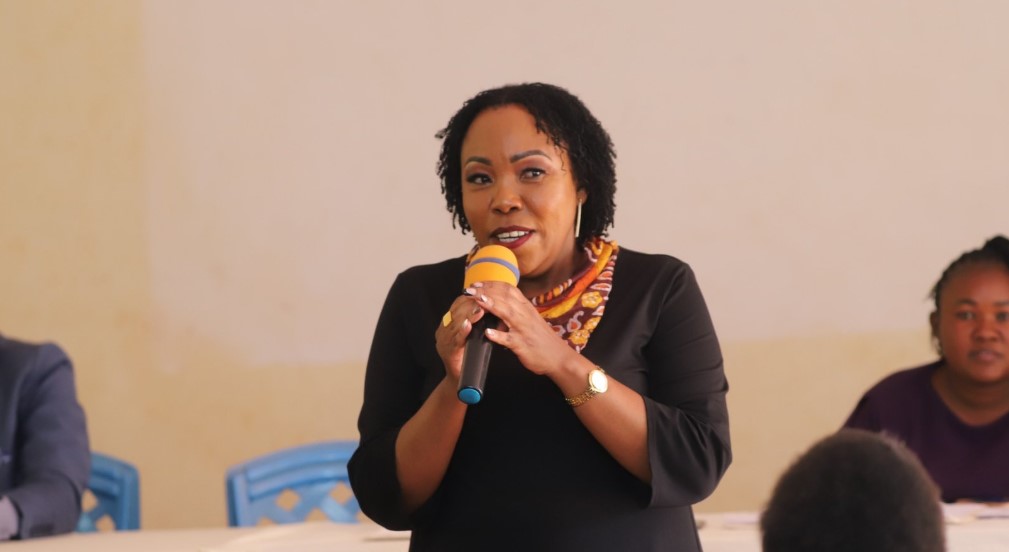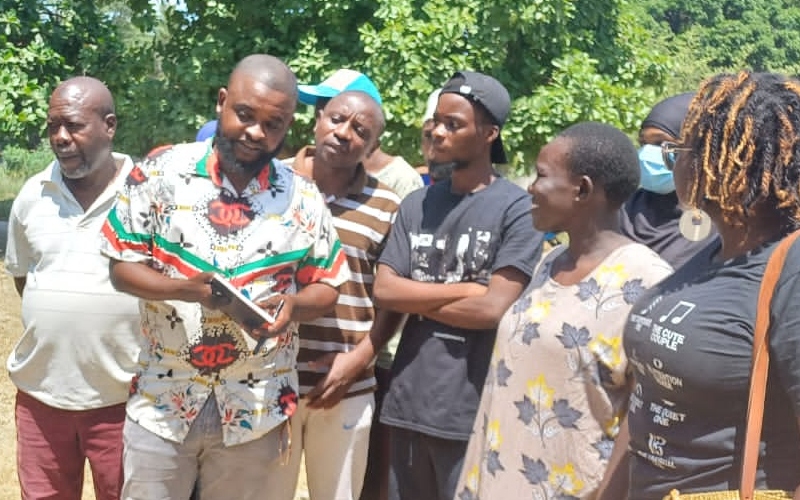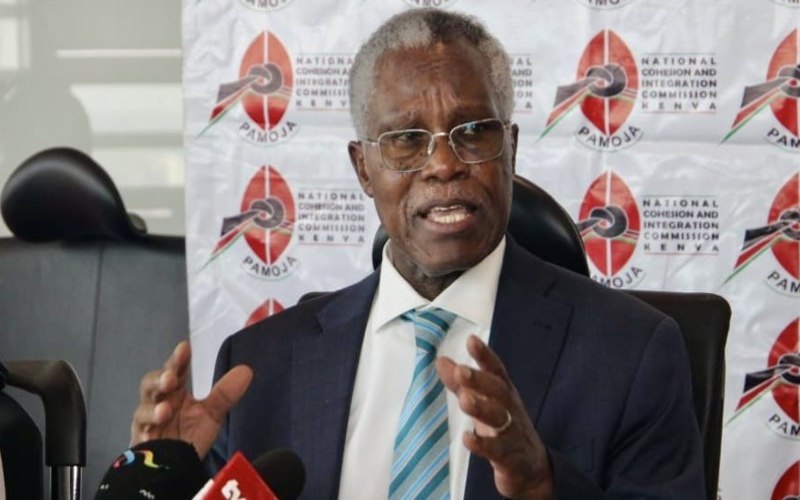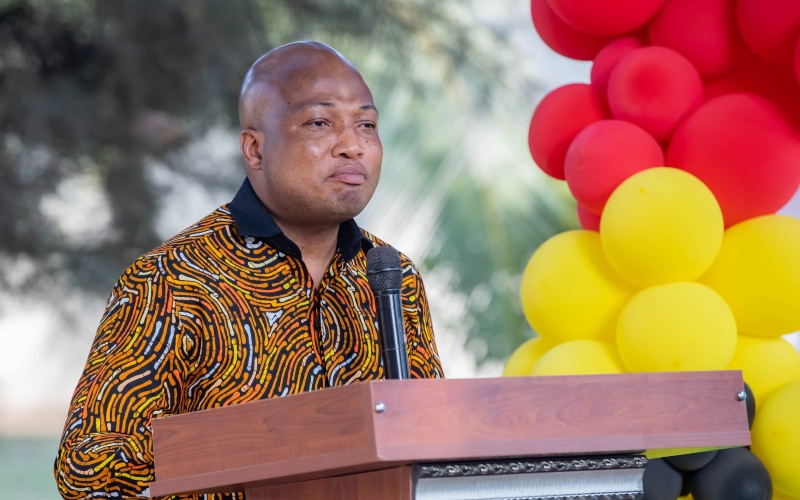Public healthcare crisis: MPs accuse medical staff of neglecting public duty for private practice

Kenya's public healthcare system is facing a growing crisis, according to Members of Parliament, who accused medical professionals of neglecting their public duties in favour of private practice.
During a heated session of the National Assembly's Health Committee on Monday, MPs highlighted how doctors and nurses are splitting their time between public hospitals and private clinics, which they say is worsening the already strained healthcare system.
More To Read
- MPs flag systemic failures undermining Social Health Authority
- Surviving the next pandemic could depend on where you live
- WHO urges countries to protect health budgets amid aid reductions
- Turkana moves to safeguard health with bold One Health Bill
- CoG Health Committee Chair urges patients to report doctors sending them to private clinics for profit
- Genetic tests for cancer can give uncertain results: new science is making the picture clearer to guide treatment
Mwea MP Mary Maingi called for clear boundaries between public and private practice, urging that healthcare professionals choose one side.
"This idea of healthcare professionals being both in public and private healthcare service should be dealt with adequately. It is killing healthcare systems," said Maingi during the committee meeting.
"We need clear boundaries, if you're in public practice, let it be so, and if you're in private practice, let it be so," she said.
According to reports, the problem is not just affecting a small number of people but is also widespread. Prof. Khama Rogo, the chair of the Presidential Task Force on Human Resources for Health, shared a concerning example of what he calls the "Magic of Ngong Road" phenomenon in Nairobi.
"On one side is Kenyatta National Hospital (KNH), where healthcare professionals are fully employed on permanent and pensionable terms funded by taxpayers' money," said Rogo.
"Cross to the other side, and you'll find private health facilities using the same personnel from KNH. The same nurse who attended to you at KNH suddenly becomes an angel while attending to you there," he added.
This phenomenon, according to Prof. Rogo, has created a paradox where public hospitals are plagued with absenteeism and poor service delivery, while private healthcare facilities thrive.
Patrick Munene, MP for Chuka Igambang'ombe, added that some medical practitioners "perform dismally" in public hospitals while excelling in their private practices.
"They will report at Kenyatta National Hospital (KNH) where they are employed to serve, see the first few patients, then leave to their private practice, where they will spend the rest of the time," Munene said.
The issue extends beyond the capital, with many rural regions also facing challenges in accessing healthcare.
Jaldesa Guyo, MP for Moyale, highlighted how the concentration of specialists in private practice has left many areas underserved.
"Healthcare services in the country are not fairly distributed. Most Level Five and Six hospitals are only found in Nairobi and Kiambu, forcing people from far-flung areas to travel long distances to access vital health services," Guyo explained.
The concerns go beyond the daily workings of the healthcare system. Dr. James Nyikal, MP for Seme and a former medical administrator, pointed to broader systemic problems, including the politicisation of healthcare management.
"Kemsa would be better placed being headed by a procurement expert, not necessarily a medical doctor. But because of politics, they push for a doctor," he said, referring to the Kenya Medical Supplies Agency (KEMSA).
"The appointment of the director general took forever because of such issues," Nyikal added.
As the health sector grapples with these challenges, the Presidential Task Force on Human Resources for Health, which was appointed by President William Ruto, is expected to submit its recommendations in March.
The task force's mandate includes reviewing policies on the recruitment and deployment of healthcare professionals across both national and county government levels.
Top Stories Today













































